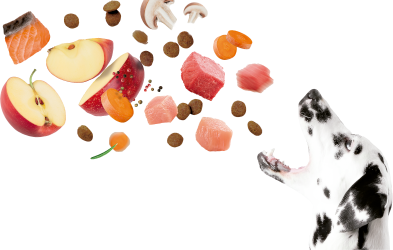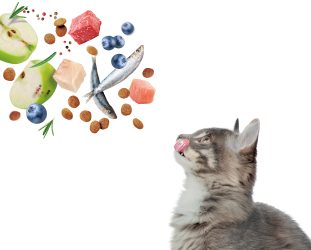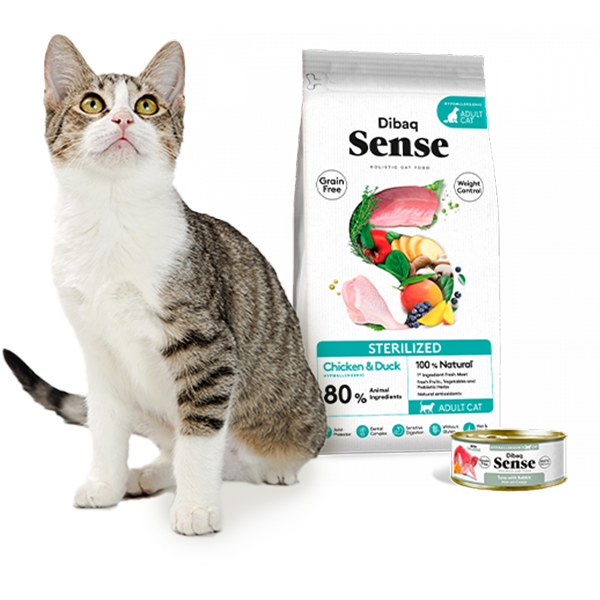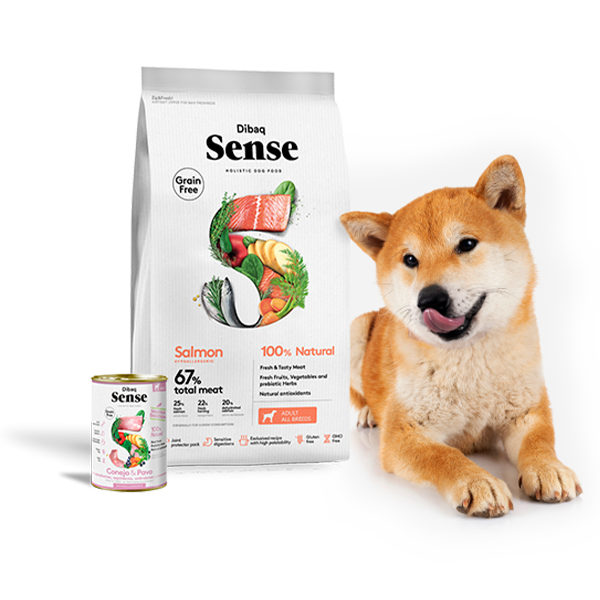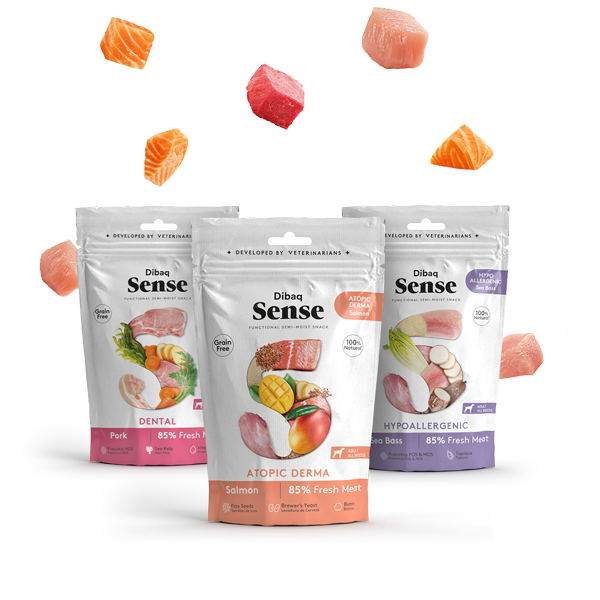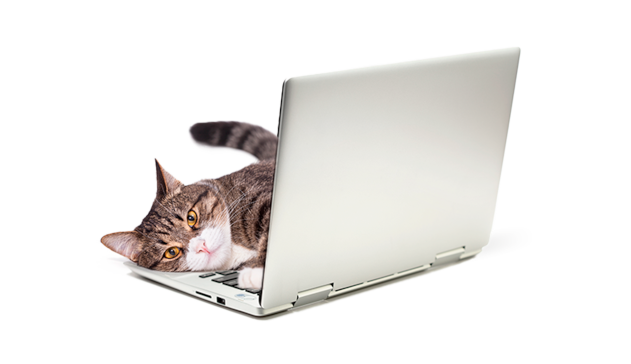Sterilized cats, how to combat overweight?
Spayed cats tend to gain weight due to changes in their metabolism. A situation that, if not controlled, can lead to obesity. Being overweight is a risk factor for your cat's health, as it can lead to heart problems or other types of diseases such as diabetes, reducing their life expectancy and quality of life.
It is very important that you remedy this condition of your feline by reducing its calorie intake, increasing its physical activity or with a combination of both. And say goodbye to having an overweight cat!
Change in eating habits
A change in your cat's diet will be one of the key factors to help maintain its optimal weight. After sterilization, cats lose the ability to control the amount of food they eat. If before you let him feed himself based on his appetite, now you must control the doses and type of food. Reducing the dose alone could lead to nutritional deficiencies, so the key is to find the right food.
More, smaller portions
Another trick to balance your sterilized kitten's diet will be to divide his daily food into more, but smaller, portions. Your little one will tend to consume more than he needs, so distributing the same amount of food - the one that covers his energy needs - in smaller portions throughout the day is a way to better satisfy his appetite.
Specific products for sterilized cats
The food of a sterilized cat must contain specific nutrients ( proteins, carbohydrates and fats) that help control its weight gain. Foods with fewer calories and a high proportion of protein and fiber will help satisfy your cat's appetite. Dibaq offers you various specific products for sterilized cats that will become your best ally in your fight against your pet's obesity:
-
Fitmin Purity Castrate: food based on fresh chicken meat, made with 80% proteins of animal origin and is also grain free, which will avoid possible allergies.
-
Dicat up Sterilized & Low Caloric: food for sterilized cats and cats with low activity or a tendency to be overweight made with natural fibers with a satiating effect.
-
Gatymix Castrated & Renal Control: food for sterilized cats that need to control the urinary tract, with reduced calcium and magnesium content.
Avoid homemade food and sweets
The food we humans consume may not be a good option for your cat. If you were thinking about adding your furry friend to your daily menu, it would be better not to do so since this can provide him with harmful fats, cause certain nutritional deficiencies and even digestive disorders; Your body is not prepared to properly digest certain nutrients . Get your little one used to eating exclusively his food. You should also prevent your cat from eating “treats” or “treats” that promote obesity and can unbalance its diet.
Encourage physical exercise for your furry friend
Cats are curious and independent animals by nature, but at home they can fall into a sedentary lifestyle and lack of activity, which will become an obese cat's best ally. If you only move from your bed to the food bowl, your weight will skyrocket. That is why you should encourage physical activity in your furry little one and make sure he moves as much as possible. You can use toys, balls, high objects that he has to reach, forcing him to jump and climb, or simply a cord or wool that he has to follow while you drag him. Any physical activity will be positive to maintain your weight and agility and avoid other health problems.
Eat while playing
You can also use food dispensers that encourage the cat's activity while eating. They are a very useful tool to control intake while getting the cat to get some exercise.
Overweight in cats is much more common than you imagine, so if you have sterilized your cat or are going to do so, don't let it become part of that obese feline club and take action!
Share this content

